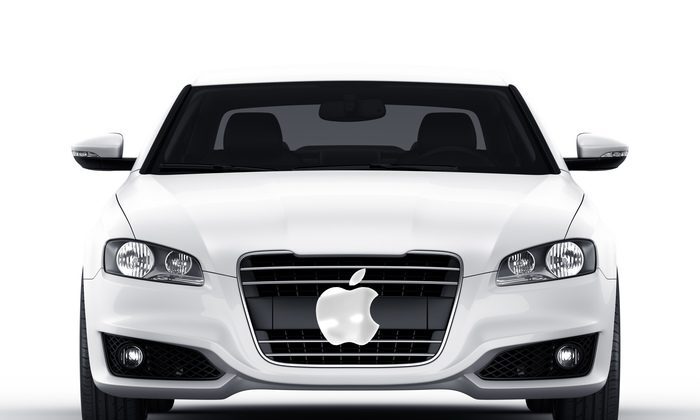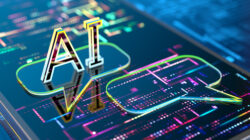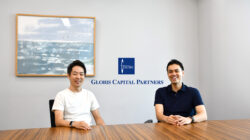Apple CEO Tim Cook has confirmed plans to enter the self-driving car industry with Apple’s own technology.
To some, the news comes as no surprise. Apple’s 1,000-employee Project Titan was launched in 2014 to develop electric cars. Steve Kenner, the company’s director of product integrity, informed authorities of Apple’s intention to start testing self-driving cars: “Our goal is to promote innovation and ensure that this technology serves to save lives… Apple uses machine learning to make its products and services more intelligent, more intuitive, and more personal.”
Later, photos were taken on public roads in the San Francisco Bay area of six Lexus cars equipped with Apple systems.

iStock photo/Andrei Stanescu
Cook did not reveal whether the company was making its own cars. The assumption that they weren’t seemed clear enough: Apple does not manufacture its own products, instead outsourcing production to long-term partners such as Foxconn.
Perhaps, too, Apple is learning from the experience of Tesla, which could soon be the world’s No. 2 car manufacturer in terms of market cap, but only tenth in the number of units sold. Tesla continues to suffer in its attempt to establish a supply chain and operations management system capable of satisfying demand and reaching reasonable levels of productivity. As if that weren’t enough, it has now lost the support of Toyota, which this very month sold off the Tesla shares it had held since 2010.
Cook stated: “We are focusing on autonomous systems. It’s a key technology we consider to be extremely important, like the mother of all artificial intelligence projects. And it’s also one of the most complex we’ve ever faced.”
Upending traditional competitors and alliances
With the Fourth Industrial Revolution on the rise, the barriers between traditional industries such as IT, electronics, automobile, and heavy industry are crumbling all around us.
“There is a major disruption looming there,” Cook said on Bloomberg Television, citing self-driving technology, electric vehicles and ride-hailing. Apple invested $1 billion last year in Didi Chuxing, the biggest Chinese ride-hailing service.
Apple doesn’t often misstep, probably because it’s hardly ever among the first to innovate. Instead, the company seems to prefer learning from companies who enter first, building its own business ecosystem and value chains based on others’ mistakes.
Now that Apple has set machine learning in motion, it’s developing AI for its autonomous car systems—effectively, the OS of cars of the future.
Machine learning is based on the accumulation of vast quantities of big data to generate patterns and algorithms in a learning-by-doing approach. Apple, then, will need cars on the streets to feed its machine learning and allow them to create a system unique from that of Google or the Chinese company Baidu.
Apple has already made some aggressive moves to attract talent that will help the company compete. Tesla founder Elon Musk once tweeted: “Apple is where workers go who are no longer of use to us.”
It will be up to Apple to prove him wrong.
If we connect the dots between things that have already happened, we can catch a glimpse of some alliances that may lie ahead.
Toyota abandoned Tesla. Apple uses Toyota cars for its machine learning, claiming it’s not sure if it will be necessary to make its own cars. After all, Apple isn’t a manufacturer. For now, at least, it’s focusing on AI systems to develop the OS for self-driving cars.
But Toyota has enjoyed many successful joint ventures to develop markets, and both Toyota and Apple clearly know how to situate themselves in a business ecosystems. These are masters of strategic alliances.



